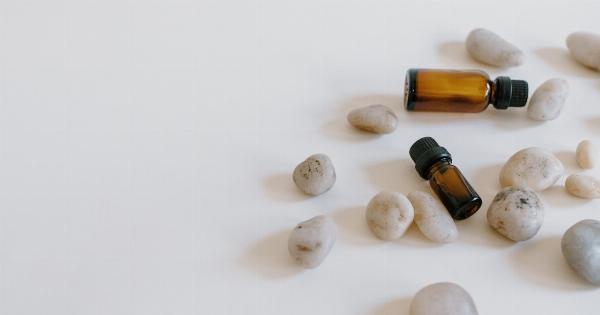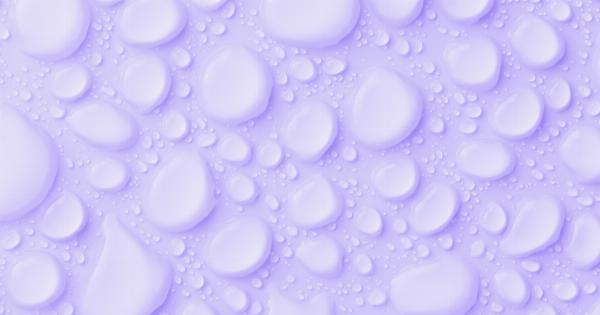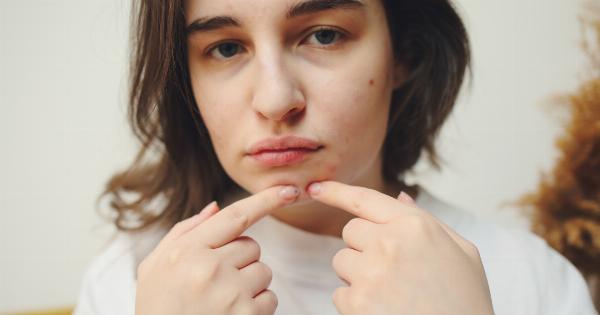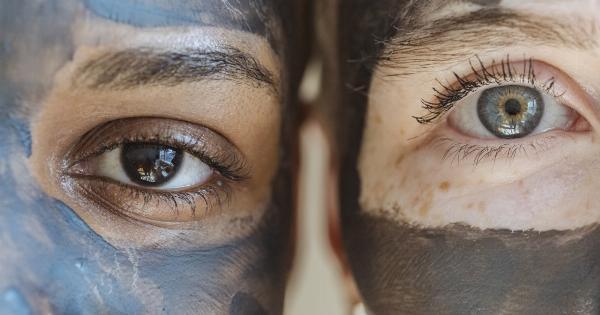Acne is a common skin condition that affects millions of people worldwide. It can be caused by various factors such as hormonal imbalances, excess oil production, clogged pores, and bacteria.
While there are many over-the-counter and prescription treatments available, some people prefer natural remedies. One such remedy is a homemade acne treatment using honey and aspirin.
Why Honey and Aspirin?
Honey is a natural ingredient that has antimicrobial and anti-inflammatory properties. It helps kill bacteria on the skin and reduces inflammation, which can help with acne.
Aspirin, on the other hand, contains salicylic acid, a common ingredient in many acne treatments. Salicylic acid helps to exfoliate the skin, unclog pores, and reduce redness and swelling.
How to Make the Homemade Acne Remedy
Here’s a simple recipe to make your own homemade acne remedy using honey and aspirin:.
Ingredients:
- 3-4 aspirin tablets
- 1 tablespoon of raw honey
- Water (as needed)
Instructions:
- Crush the aspirin tablets into a fine powder.
- In a small bowl, mix the crushed aspirin powder with raw honey.
- Add a few drops of water to make a paste-like consistency.
- Apply the mixture directly to the affected areas of your skin using clean fingertips or a cotton swab.
- Leave the mixture on for about 10-15 minutes.
- Rinse off with lukewarm water and pat your skin dry.
Tips and Precautions:
1. Before using this homemade acne remedy, it’s essential to do a patch test on a small area of your skin to check for any possible adverse reactions.
2. It’s best to use raw honey as it contains more beneficial enzymes and nutrients compared to processed honey.
3. Ensure that the aspirin tablets are completely crushed to a fine powder to avoid any abrasive particles on your skin.
4. If you have sensitive skin, it’s advisable to dilute the mixture with more honey and less aspirin.
5. It’s essential to moisturize your skin properly after using this remedy as aspirin can be drying.
6. Consistency is key when using natural remedies. Use this homemade acne remedy 2-3 times a week to see desired results.
Other Natural Remedies for Acne
In addition to the honey and aspirin remedy, there are several other natural ingredients you can incorporate into your skincare routine to help manage acne:.
1. Tea Tree Oil
Tea tree oil is known for its antibacterial properties and can effectively kill the bacteria that cause acne. Dilute a few drops of tea tree oil with a carrier oil like coconut oil and apply it to the affected areas using a cotton swab.
2. Aloe Vera
Aloe vera has soothing and anti-inflammatory properties that can help calm irritated skin and reduce acne inflammation. Apply fresh aloe vera gel directly to your skin and leave it on for 20-30 minutes before rinsing off.
3. Apple Cider Vinegar
Apple cider vinegar helps balance the pH of your skin and has antibacterial properties. Mix equal parts of apple cider vinegar and water, and use a cotton ball to apply it to your skin. Leave it on for a few minutes before rinsing off.
4. Green Tea
Green tea contains antioxidants that can help fight acne-causing bacteria and reduce inflammation. Brew a cup of green tea, let it cool, and then use a cotton ball to apply it to your skin or use it as a face rinse after cleansing.
5. Witch Hazel
Witch hazel is a natural astringent that can help control excess oil production and reduce inflammation. Apply witch hazel to a cotton pad and gently swipe it over your face after cleansing.
In Conclusion
Using natural remedies like honey and aspirin for acne can be an effective and affordable option. However, it’s important to remember that what works for one person may not work for another.
It’s always recommended to consult a dermatologist if your acne is severe or persistent.



























